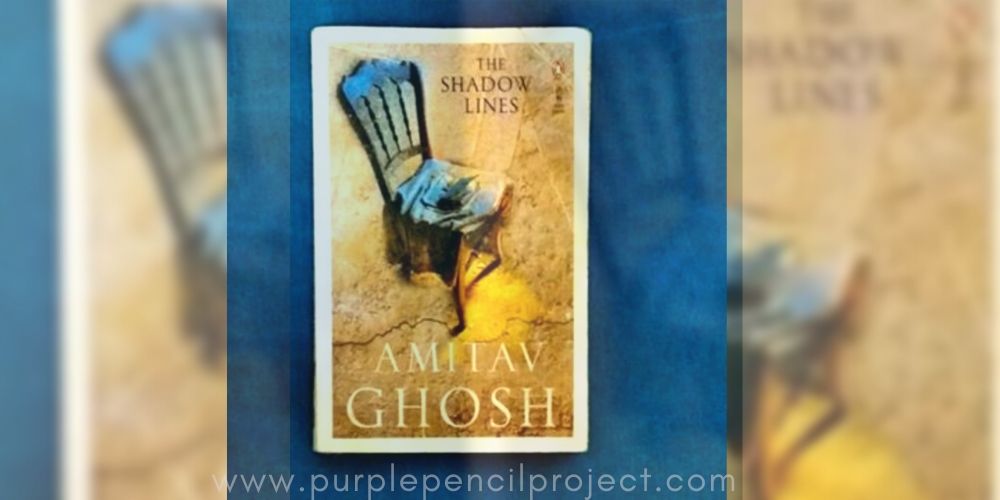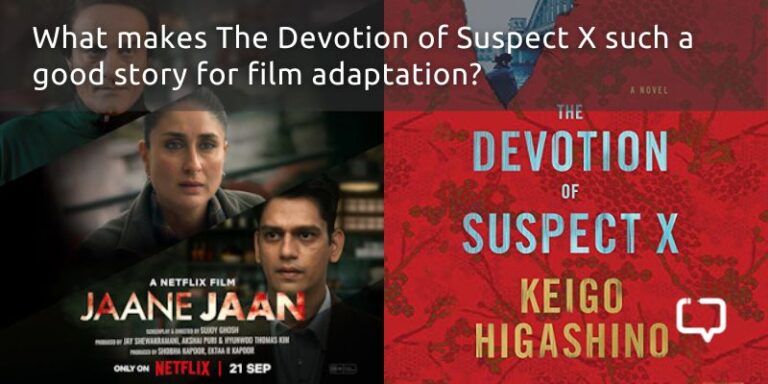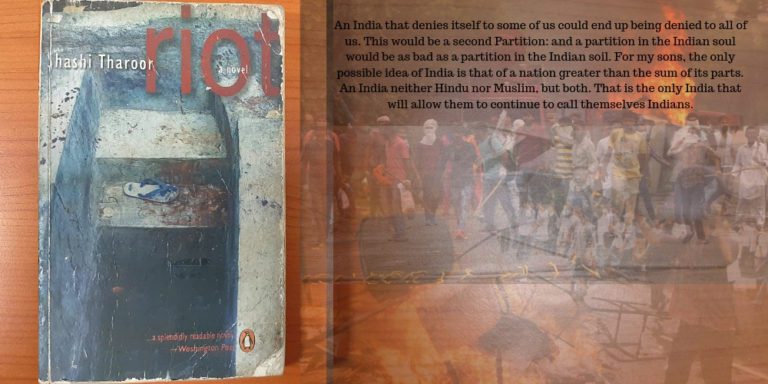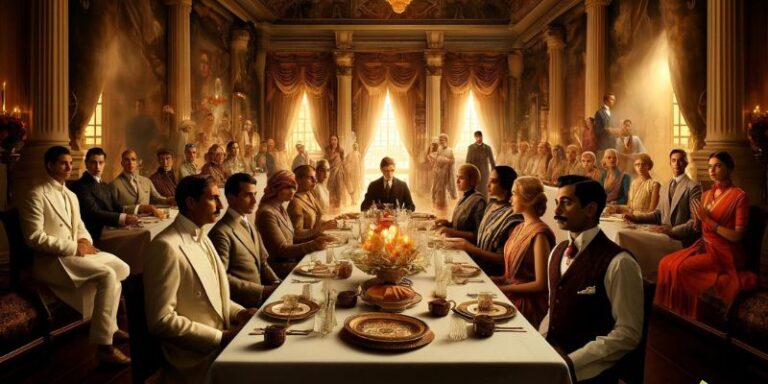I read Shadow Lines by Amitav Ghosh once every year. I don’t remember when I started this tradition but I seem to have done it through most of my teens, and my entire adult life; and yet, each reading brings with it a new discovery.
The Early Years
As a teenager reading the book, much before anyone should have allowed me to, it was the picture of Calcutta that Ghosh paints that attracted me. A Calcutta set in the 60s and 70s. The Calcutta my parents spoke of during meal times and college reunions. A place I knew so well but somehow didn’t know at all.
The old lanes near Southern Avenue, where the unnamed narrator in the book grows up, is exactly where I was born. Yet try as I might, I can’t imagine empty roads in that part of the city. Every time I imagine Tridib’s car coming down Gariahat Road, the more-recently constructed flyover is right there in my head. And so the scenes in the book merge strangely with the alcutta I know and have lived in. As a teenager, the book was both familiar and uncomfortable. It built up this idea of a city, an idea I fell in love with much as I would later fall in love with Ghosh’s Canton, in River of Smoke. The Calcutta of Shadow Lines was as far away from me as Canton.
The Critical Lense
I later studied Shadow Lines in my first year of college for a paper on Indian Writing. Then, we spoke about the usual themes- history, memory, borders and nationalism. We studied Benedict Anderson to understand the fluidity of borders better, we studied literary theory to understand a non-linear unreliable narrative. We discussed what it meant to be Indian, how partition changed our nation and our people, and what that change meant in the minds of the people who had lived through it.
We spoke of Ila, constantly travelling with no real sense of wonder or adventure, as against Tridib who finds wonder wherever he goes, and in whatever stories he hears or reads. In fact, we even read essays on how Bengalis as a community travel entirely too much; you can’t escape us wherever you go, and we’re completely obsessed with travel stories, so much so that our detective novels are also set in new locations every time.
I was also travelling then, having moved to Delhi, looking for signs of home in everything I did. Or read. Ghosh’s masterpiece forced me to think about the idea of home and what we mean by it. The two parts of the book, Going Away and Coming Back, explore the condition of home and away rather pointedly, through their description of borders and nationality, attempting to find an anchor point between the two.
In this context, Thamma becomes the pivotal point of this book. Her attempts to understand home, nationality and borders is seminal to the plot. One of the most moving scenes in the book is when she goes back to Dhaka (her place of birth), but with a visa. She’s a foreigner there, by virtue of some lines drawn on some maps. For Thamma, the idea of borders is confusing yet something she holds on to.
She expects to see something resembling a physical border between India and Bangladesh, maybe even trenches, because otherwise, what was the point of the fighting and the bloodshed that she had lived through?
Her homecoming also forms the climax of the book. She’s nervous and scared, and changes her saree thrice the morning she’s to be reunited with her home. When teased about being as nervous as a bride going home for the first time, she refutes it strongly. No, she says, she’s going home for the first time as a widow. What is home, the narrator seems to ask? Is it the house that she left so long ago, that she now needs a visa to enter, or is it her “invented country” whose freedom and future she is so passionate about, a place where she wants to bring her old relative to?
Growing up with a book
When I was younger, the part of the novel that fascinated me most was its exploration of history, memory and the imagination. I was a lonely child, and had to build up worlds of friends from stories I heard and read.
Tridib and the narrator’s attempts at building up worlds for themselves, down to the last intricate detail appealed to me. How do you see a story, and how does it change with time? When you hear a story, what do you build up with the things left unsaid? And how do you deal with the fact that some moments in stories, and indeed in history, are unknowable.
You can know all about the bombs and numbers and statistics of 1939 Europe but no one knows what it was really like to be young and intelligent during that summer in London or Berlin, says the narrator. It’s the shortcoming of the imagination. It bothers me just as it bothered Tridib, and even the narrator spends so much of his adult life just putting faces to names, and places to stories he had heard long ago, trying to fill the gaps in his imagination.
Maybe our memory is coloured by certain events or emotions. Or maybe we lie in our stories and come to believe our lies, just like Ila does. Sometimes, the novel seems to say, we are all unreliable narrators, even of our own stories.
I read Shadow Lines every year, and I don’t read it with the express attempt to extrapolate new meaning from the same sentences. But it seems to happen all by itself. It was only this time, when I read it for what would probably be the fifteenth time, did I notice that Jethamoshai said that he didn’t want to leave his home, because “once you leave, you never stop”.
I also noticed that the narrator refers to India as Thamma’s “invented country” even though she is perhaps the most patriotic out of anyone in the novel.
And most of all, I noticed words and emotions that had been left behind. No reading is every fully complete.
I think that’s why I’ll read Shadow Lines next year as well. Who knows what else I’ll discover?
You can check more from Shreemayee Das, author of this piece, here.






















One Response
Why we re-read some books and what is the true emotional bond that we have with the characters and how we get attached to some books…?? Answer is here!! Well written… I re-read a book when I was a teenager, Reapeadly, in months gap, a Russian translation into Tamil.. The book was Captain’s Daughter (Kaptan Makal) by Alexander Pushkin, a Russian story written about 17 th century rebel wars and a love story in the background!! My how, why, and what differs.. I love to go back to my native, find the same book and invite the characters to be alive again!! Inspiring language by the author!!